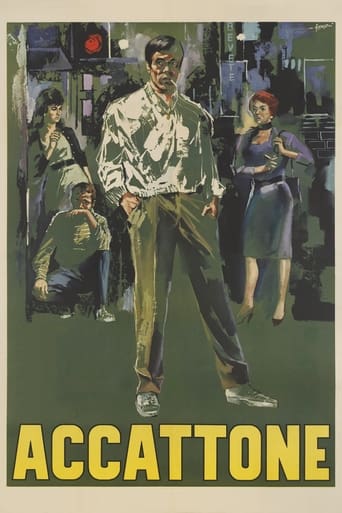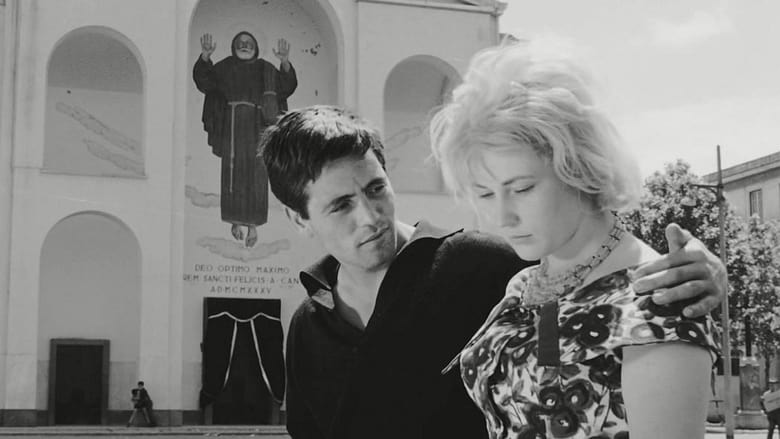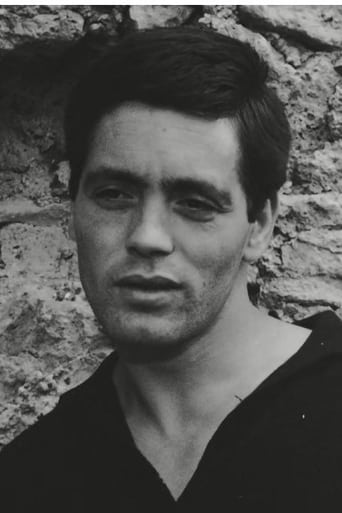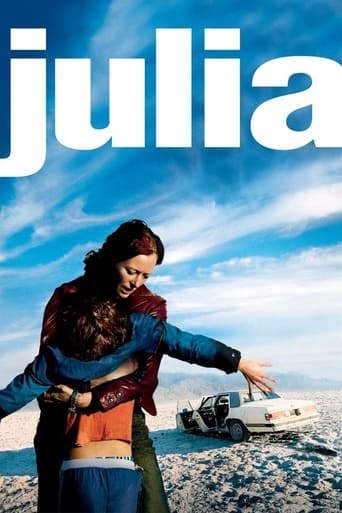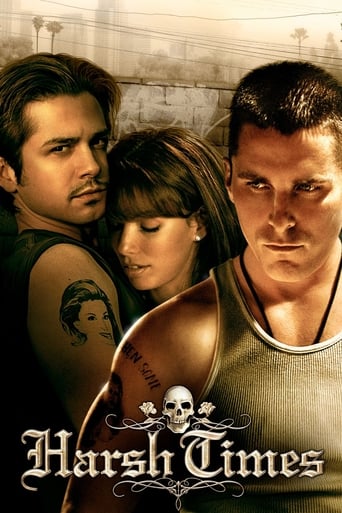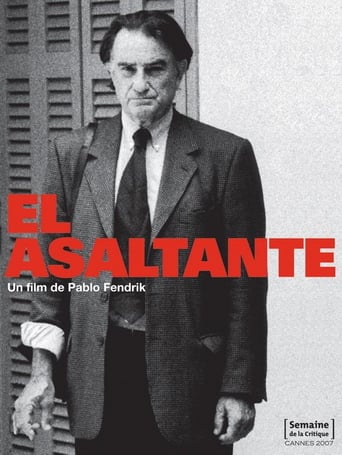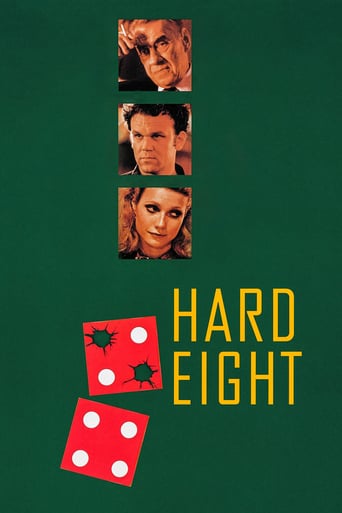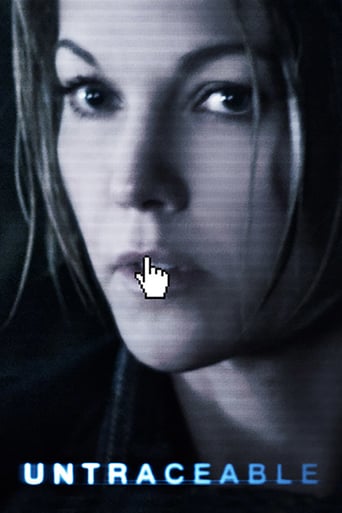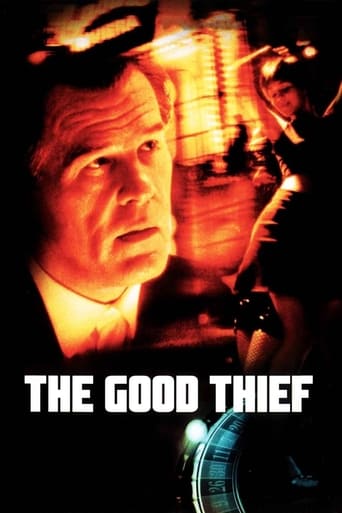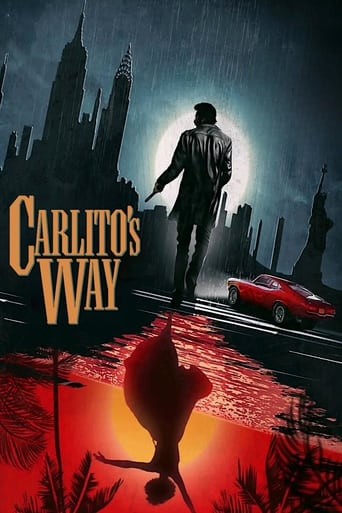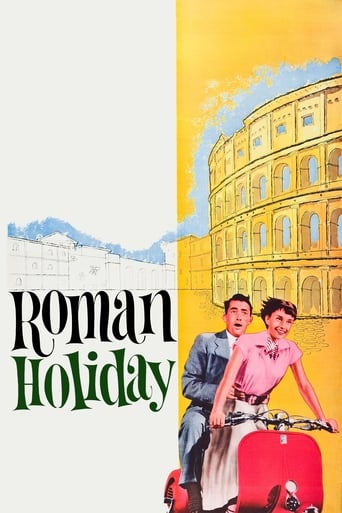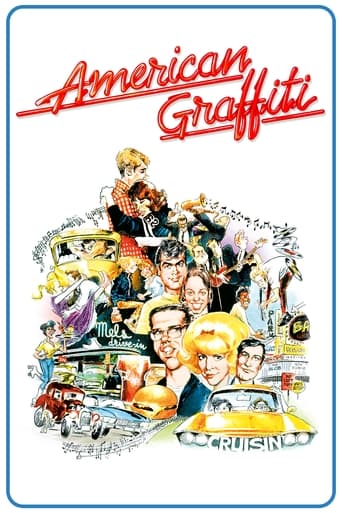Accattone (1968)
A pimp with no other means to provide for himself finds his life spiralling out of control when his prostitute is sent to prison.
Watch Trailer
Free Trial Channels
Cast


Similar titles
Reviews
Best movie of this year hands down!
Nice effects though.
This movie feels like it was made purely to piss off people who want good shows
The storyline feels a little thin and moth-eaten in parts but this sequel is plenty of fun.
This is not the Rome you see on Contiki. Pasolini has conjured up the half-life of the streets in this extraordinary movie. Accatone is a pimp and an idler, his friends are no better, and they walk Rome's emptiest streets night and day doing nothing much at all. Pasolini captures their aimless existence with his artless cinematography. Most of the dialogue is shot close up, and the cast deliver their lines with character and simplicity. It is perhaps their authenticity that makes them charming. Even Accatone is charming, despite his selfishness, idleness, resentment and occasional misogyny. They all need to be charming. In the bleak world of this movie, irony is the only defence against madness. There are moments of happiness that break through, and prevent the film from becoming monotonous or unrealistic. The beach scene near the start, and the later conversations between the tough and self-confident prostitutes, are scenes in which irony breaks out into humour, and defiance momentarily turns to content."The world will kill me, or I'll kill it!" exclaims Accatone. He struggles for redemption— but I won't spoil the end of the movie.
The term 'accattone' is an old Italian phrase intended to brand a character with an aura of absolute repulsiveness. Thieves and low-lives would usually coin the term when referring to a character that is so despicable, so without moral or social decency, that even the criminals would look down upon them. In Pier Paolo Pasolini's incredibly assured debut, 'Accattone' is Vittorio (Franco Citti), a low-life pimp who when he is not sitting around squeezing money out of people with wagers and tricks, is abusing his lone prostitute who cannot work after breaking her leg in a motorcycle accident. It's a tale of a despicable scumbag, set during a dark period in Rome, where men viewed working as slave labour, and enjoyed themselves by beating prostitutes to within an inch of their life.It's an incredibly bleak tale, told without sentiment and moral preaching. Pasolini's doesn't seem to want to dictate a larger social message, or make Accattone a sympathetic character who is the victim of political or social oppression, but to simply tell a tale, a real tale, of a group of low-lives who are the way they are because they want to be. After all, the true soul of neo-realism is to portray life the way actual people experience it, not to romanticise or sentimentalise it with the kind of scripts Hollywood are responsible for. Of course, many neo-realist directors would almost betray the genres roots the kind of way only auteurs can manage, and Pasolini would go on to make more surrealistic and interpretive movies, but this is true neo-realism without any kind of magical reward for the audience, or a moment of redemptive enlightenment for its protagonist. It's a story of grit, one that is thrilling and fascinating in equal measures, and with the stamp of a great director.The film I felt it more akin to is Luis Bunuel's Los Olvidados (1950), a film of equal disregard for cinematic wonder, and one that is also punctured by an impressive dream sequence. Whilst Bunuel's sequence came around the middle section, and was a burst of absolute surrealistic beauty amongst social depravity, Accattone's comes during its climax; a strange, moody set-piece in which Accattone witnesses his own funeral, amongst other things. At first I felt like it was almost betraying what came before, but then I realised it was Pasolini's way to try and get into its characters head, and the outcome is as confusing and as futile as Accattone himself. Though I haven't seen much of Pasolini's work, this is the best I've seen, beating even the distressing brilliance of his final film Salo (1975). Though he would move away from neo-realism, Pasolini achieves more with his debut than some of the greats of the genre would manage to achieve.www.the-wrath-of-blog.blogspot.com
Accattone is a Roman pimp who lives off his girlfriend Maddalena's earnings. Pasolini's cheeky aim is to put forward this young man as a modern saint. To this end he lathers Bach's St Matthew's Passion (inspired by the Apostle's experience of the crucifixion of Christ) over scenes of Accattone's life. Indeed in one of Accattone's first scenes he's shown devouring a slice of tomato, displayed horizontally as if a cardinal's galero, whilst an sculpture of perhaps a guardian angel can be seen over his shoulder in the distance (an anti-clerical pro-Christ stance seems to be a consistent theme for Pasolini). Later, a prophecy regarding Accattone's descent is eerily similar to Christ's pronunciation of Peter's forthcoming triple renunciation.The film reminded me of a DH Lawrence poem (elliptically titled Democracy):"I love the sun in any man / when I see it between his brows / clear, and fearless, even if tiny // But when I see these grey successful men / so hideous and corpse-like, utterly sunless, / like gross successful slaves mechanically waddling / then I am more than radical, I want to work a guillotine...I feel that when people have gone utterly sunless / they shouldn't exist." Whatever Accattone is, he's not sunless; when he tries out the world of work (legitimate work involving labour), he becomes Vittorio, his Christian name, and the light goes out. The film reminds me very much of Fassbinder's Gods of the Plague in that sense, young men with brio but no skills or education who, given the choice, between drudgery or crime, choose crime. Both films polemicise against urban post-industrial capitalist societies, which have become increasingly removed from the milieu in which humanity evolved and is "designed" to cope with. When Accattone compares the chore of lifting rolls of iron with the horrors of Buchenwald the film goes a little over the top.Of course someone viewing Accattone and his friends through less of a haze of desire than the director might think that they were just a bunch of jerks. Undeniably though, Pasolini is a great poet, and there's evidence of things to come here, the film whilst looking largely Bertoluccian (he was the assistant director), has the occasional master shot, for example the rolling hills and valley in the dream sequence, par with Leonardo in quality of composition and symbolism; the countryside here representing an idealised rural precursor to Accattone's slum existence.I also applaud Pasolini for taking his arguments beyond class, Accattone's group of spongers contains educated men as well as dunces, and they are equally disdainful of the ruling class as they are of proletarians.
Although I am not the biggest fan of Italian movies, I found Pasolini's Accattone to be quite raw gritty and well done. The story focuses on one man's plight in a thing called life in Italy. Trying to eke out a living by any means possible (which in his terms means practically doing nothing at all) Accattone essentially pimps out all the beautiful women he comes involves in, and when that doesn't work, is forced into manual labor. Pasolini does a commendable job here, filling his screen with Naples in the raw (well, from what I understand, Naples isn't exactly the most glamorous city to begin with), and does wonders with his mostly amateur cast. Although the film does run a wee bit too long for my tastes, this all in all, is a very good movie, one of which would be of interest to fans of Italin Neo-realist films.

